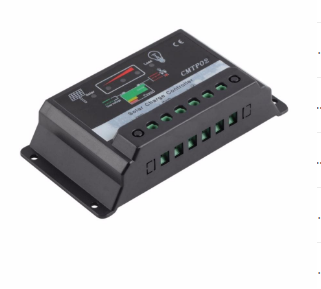
Solar Charge Discharge Controller
Approx $38.76 USD
Solar Charge Discharge Controller – Efficient Power Management for Solar Energy Systems
Introduction to the Solar Charge Discharge Controller
A Solar Charge Discharge Controller is an essential component in any solar power system, responsible for regulating energy flow between solar panels, batteries, and electrical loads. By ensuring optimal charging and discharging cycles, this controller protects batteries, improves efficiency, and extends the lifespan of your solar setup.
Whether you’re using solar power for home energy systems, off-grid cabins, RVs, boats, or commercial installations, a high-quality charge discharge controller ensures stable, safe, and uninterrupted power supply.
Why Choose a Solar Charge Discharge Controller?
1. Efficient Power Regulation for Maximum Solar Energy Utilization
- Prevents battery overcharging by limiting voltage and current flow.
- Ensures batteries are not over-discharged, preventing damage and reducing replacement costs.
2. Extends Battery Lifespan
- Provides multi-stage charging (bulk, absorption, float, equalization) for deep-cycle batteries.
- Works with Lithium-ion, Lead-acid, Gel, and AGM batteries.
3. Real-Time Energy Monitoring
- Some models include LCD displays, LED indicators, and app-based monitoring.
- Track battery voltage, charging status, and power consumption.
4. Protects Against Electrical Damage
- Short circuit, reverse polarity, and overload protection prevent system failure.
- Advanced models feature temperature compensation to adjust charging based on environmental conditions.
5. Compatible with Off-Grid & Hybrid Systems
- Ideal for residential, commercial, and industrial solar power solutions.
- Works with solar-powered lights, irrigation systems, telecom towers, and backup power stations.
Key Features of a Solar Charge Discharge Controller
1. MPPT vs. PWM Technology
-
MPPT (Maximum Power Point Tracking)
- Higher efficiency (up to 99%) by dynamically adjusting voltage.
- Ideal for large solar power systems and locations with fluctuating sunlight.
-
PWM (Pulse Width Modulation)
- Cost-effective and reliable for small to medium solar setups.
- Best for stable sunlight conditions and budget-friendly installations.
2. Multi-Stage Charging Algorithms
- Bulk Charge: Rapidly fills battery capacity.
- Absorption Charge: Slows down charging as the battery nears full.
- Float Mode: Maintains charge at 100% without overcharging.
- Equalization (Optional): Helps balance voltage across battery cells (for lead-acid batteries).
3. Load Control & Smart Discharge Management
- Auto shut-off to prevent deep discharge.
- Programmable timer modes for running appliances at specific times.
4. Multiple Connectivity Options
- USB Ports for charging mobile devices directly.
- Bluetooth/Wi-Fi compatibility for remote monitoring via smartphone apps.
5. Safety Features for Reliable Operation
- Reverse current prevention (stops batteries from discharging back into panels at night).
- Overvoltage and overload protection to prevent system failure.
- Lightning protection for outdoor installations.
Best Applications for a Solar Charge Discharge Controller
1. Residential & Off-Grid Solar Systems
- Ensures stable energy supply for homes, apartments, and cabins.
- Reduces electricity costs by optimizing battery usage.
2. RVs, Boats & Mobile Solar Installations
- Provides energy autonomy while traveling.
- Prevents battery depletion for longer-lasting off-grid adventures.
3. Commercial & Industrial Solar Setups
- Supports large-scale solar farms, businesses, and warehouses.
- Monitors energy output to optimize commercial operations.
4. Agricultural & Rural Solar Power Systems
- Powers solar irrigation pumps, greenhouses, and remote farm equipment.
- Improves efficiency and reliability of agricultural solar solutions.
5. Solar-Powered Street Lighting & Security Systems
- Automatically manages LED lights, CCTV cameras, and remote monitoring equipment.
How to Choose the Right Solar Charge Discharge Controller
1. Voltage and Current Rating
- Match the controller’s voltage (12V, 24V, 48V, or higher) with your solar system.
- Ensure amp rating meets your solar panel's peak power output.
2. MPPT vs. PWM Controller
- Choose MPPT for maximum efficiency in variable sunlight conditions.
- Select PWM for cost-effective, small-scale solar systems.
3. Battery Type Compatibility
-
Ensure the controller supports your battery chemistry:
- Lead-acid (Flooded, AGM, Gel)
- Lithium-ion (LiFePO4, LFP)
4. Additional Features
- LCD display for real-time data.
- Remote monitoring via Wi-Fi/Bluetooth.
- Programmable settings for appliance control.
Top Solar Charge Discharge Controllers Available in New Zealand
- Victron SmartSolar MPPT 100/50 – Premium MPPT controller with Bluetooth monitoring.
- Renogy Rover 40A MPPT – Advanced tracking technology with LCD display and USB charging.
- EPEVER Tracer 4215BN MPPT – Durable and efficient solar regulator with multiple protection features.
- Morningstar ProStar PS-30 PWM – Reliable PWM charge controller with temperature compensation.
- Outback FLEXmax 60 MPPT – High-capacity controller designed for large solar arrays and industrial use.
Where to Buy Solar Charge Discharge Controllers in New Zealand
Find top-quality solar controllers from these trusted NZ retailers:
- PB Tech
- Jaycar Electronics
- Trade Me
- Mighty Ape
- Solar Electric Technology NZ
- The Warehouse
- Amazon NZ
Look for seasonal discounts, warranty offers, and bulk purchase deals.
Frequently Asked Questions (FAQs)
1. What does a solar charge discharge controller do?
It regulates power flow between solar panels, batteries, and electrical loads, preventing overcharging, over-discharging, and system damage.
2. What’s the difference between MPPT and PWM controllers?
- MPPT controllers are more efficient, dynamically adjusting voltage for maximum power output.
- PWM controllers are simpler and cost-effective, suitable for basic solar setups.
3. Can I use a solar controller for lithium-ion batteries?
Yes, many modern controllers support Lithium-ion, Lead-acid, AGM, and Gel batteries.
4. Do I need a solar controller for my system?
Yes! Unless your solar panel is very low wattage (under 5W), a controller is essential for battery protection.
5. How do I size a solar charge controller?
Calculate based on your solar panel wattage and system voltage. For example:
- A 400W solar panel at 12V requires a controller with at least 33A capacity.
Final Thoughts
A Solar Charge Discharge Controller is a crucial component for optimizing solar power usage, extending battery life, and ensuring reliable energy distribution. Whether you're managing a home solar system, an off-grid power station, or a commercial solar farm, investing in the right controller maximizes efficiency and system longevity.
With options like MPPT vs. PWM, LCD displays, remote monitoring, and customizable load control, choosing the best solar charge controller ensures uninterrupted and sustainable power management.
Description
Material : Plastic
Product Attributes : Battery Contains, Oversize
Package Size : 350*100*150(1mm)
The product may be provided by a different brand of comparable quality.
The actual product may vary slightly from the image shown.

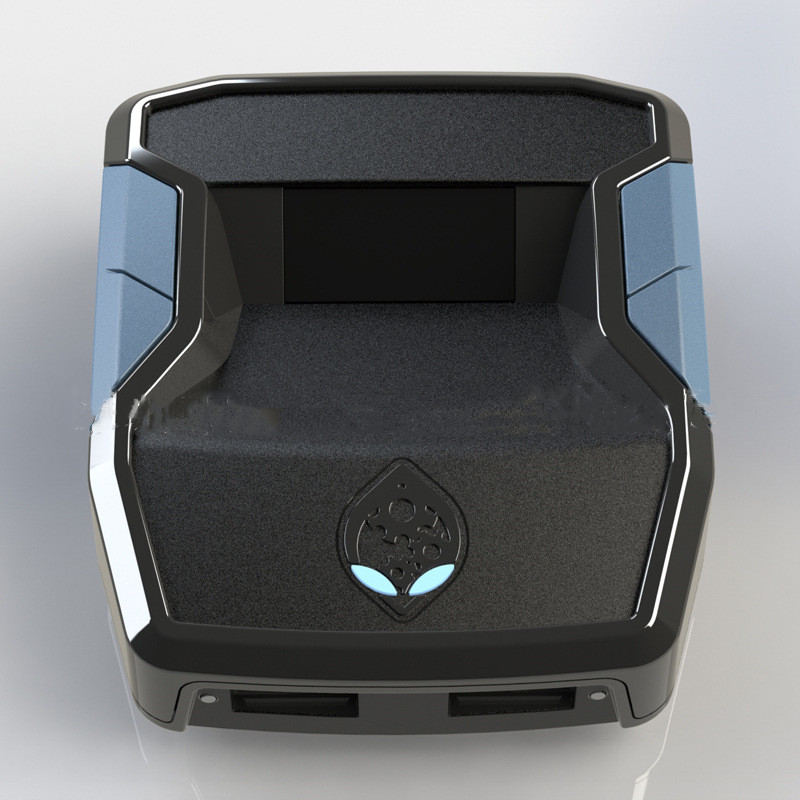
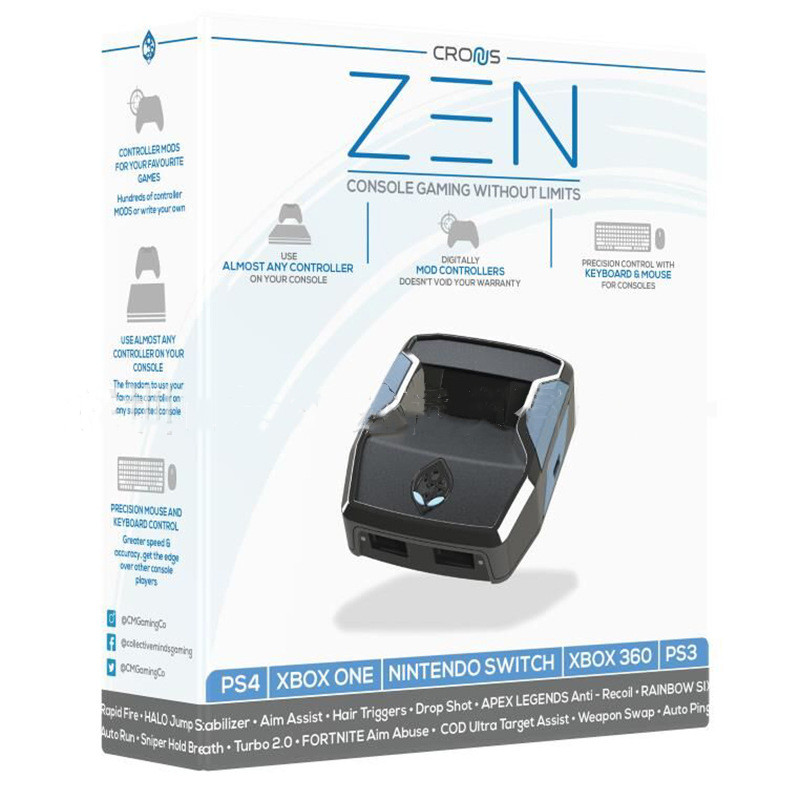

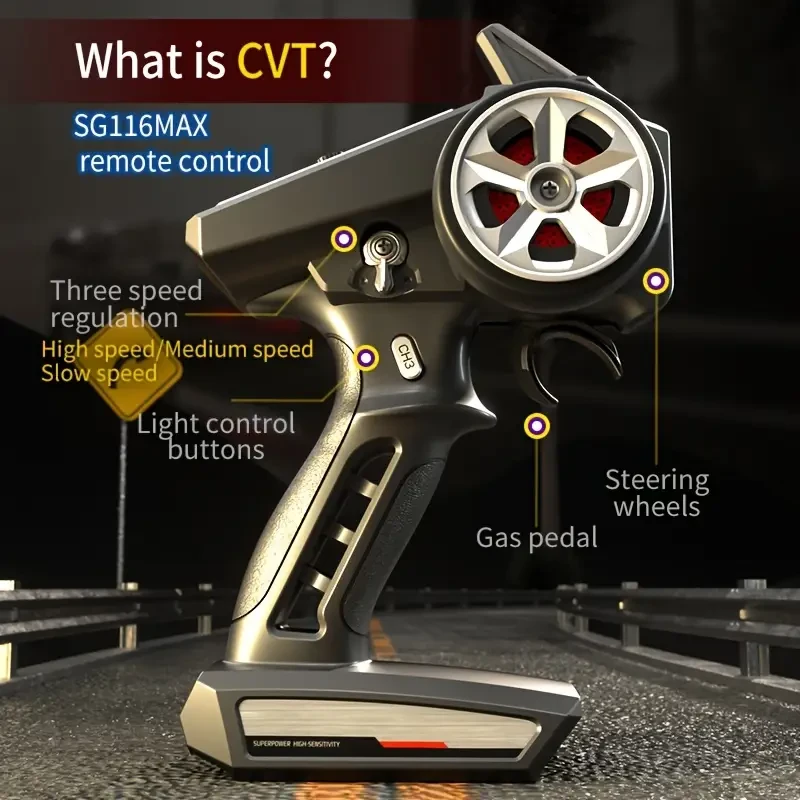


.webp)
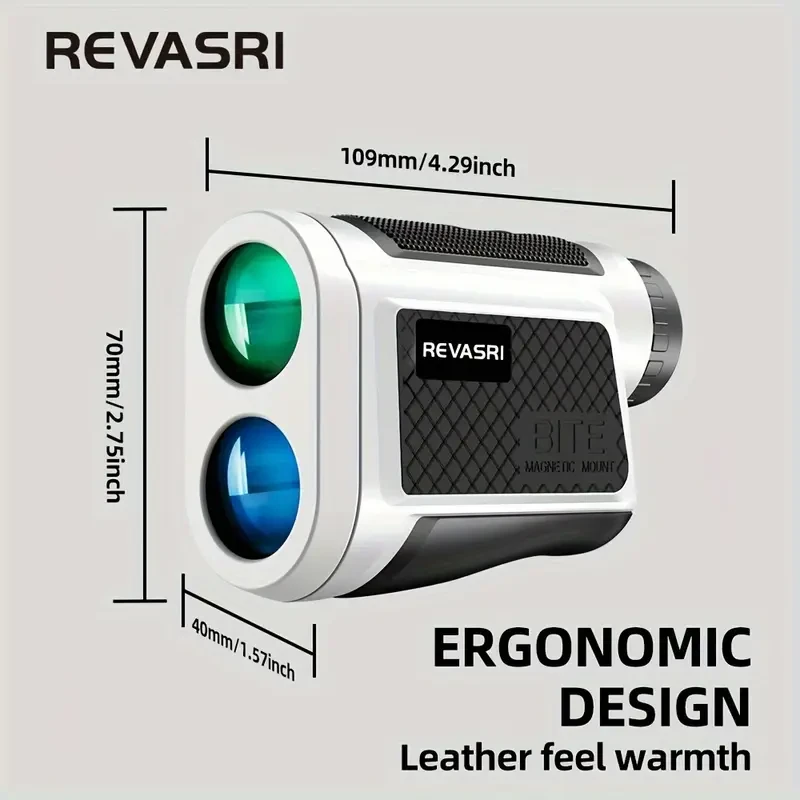
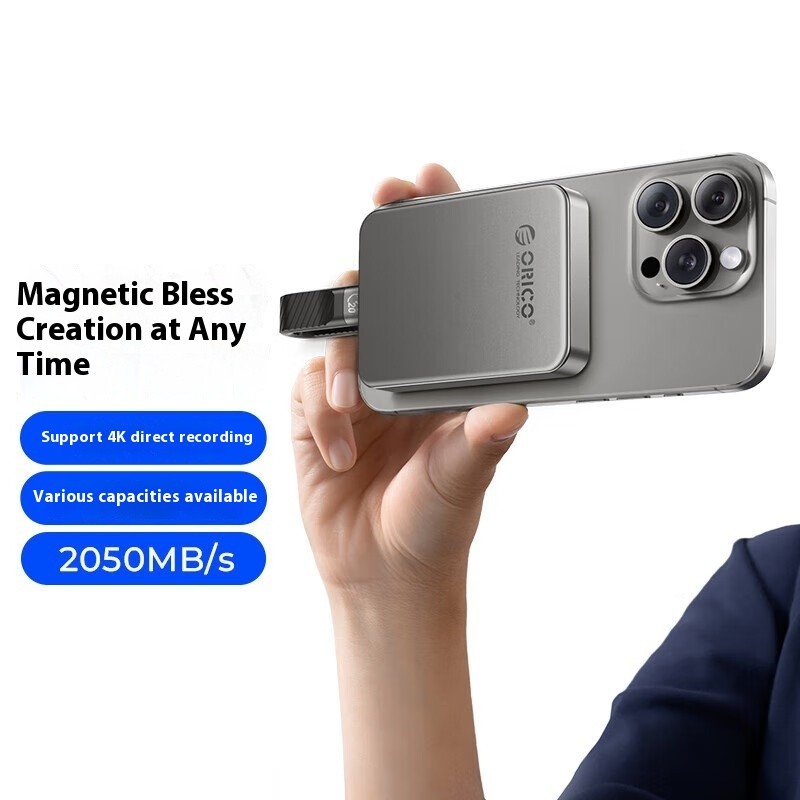
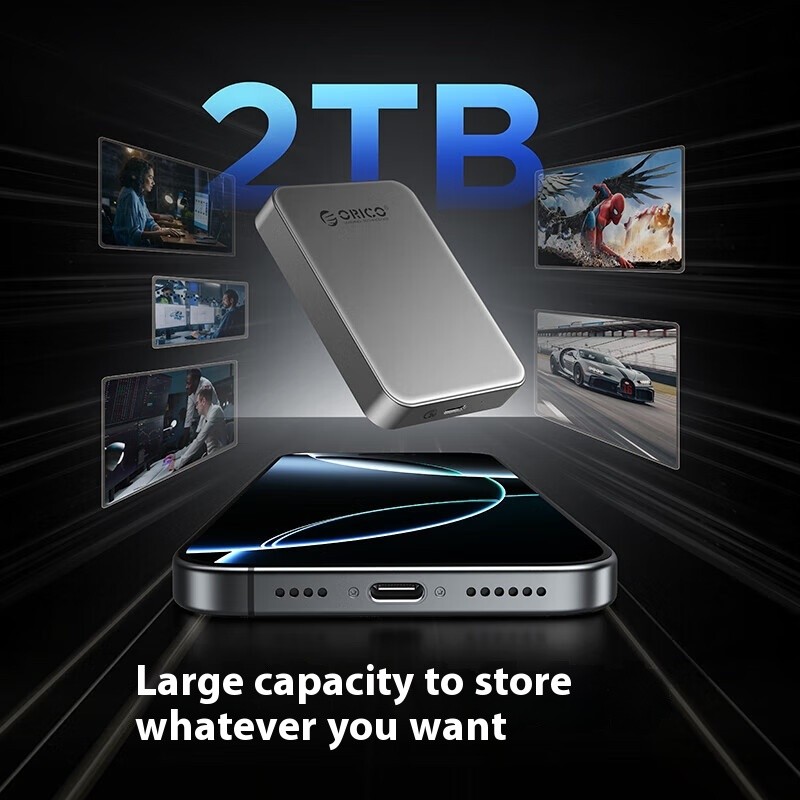


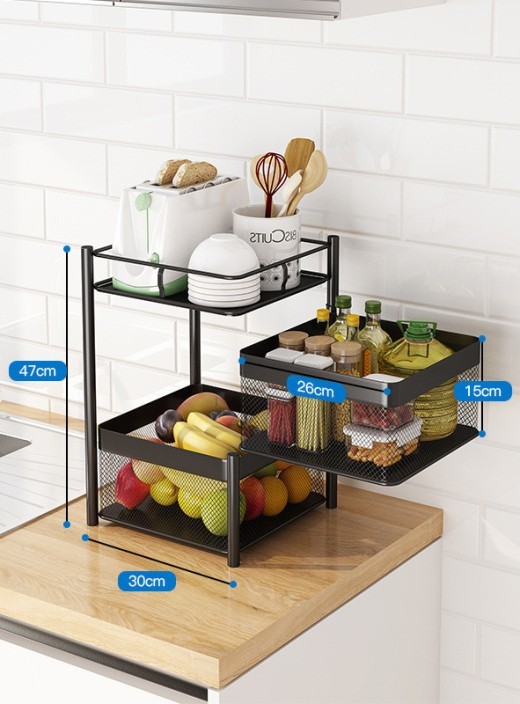
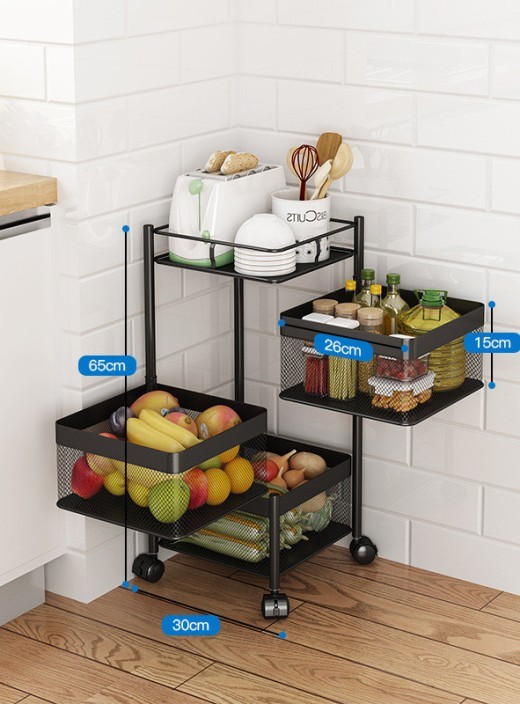


.jpg)









.jpg)





.jpeg)





.jpeg)



.jpeg)








.jpeg)



.jpeg)

.jpeg)

.jpeg)

.jpeg)




.jpeg)
.jpg)

.jpeg)






.jpeg)
.jpeg)




.jpeg)





.jpeg)


.jpeg)

.jpeg)

.jpeg)

.jpeg)







.jpeg)
.jpeg)
.jpeg)





.jpeg)



.jpeg)






.jpg)
.jpeg)









.jpg)


ulva-Logo.jpg)




.jpeg)



.png)















.png)























